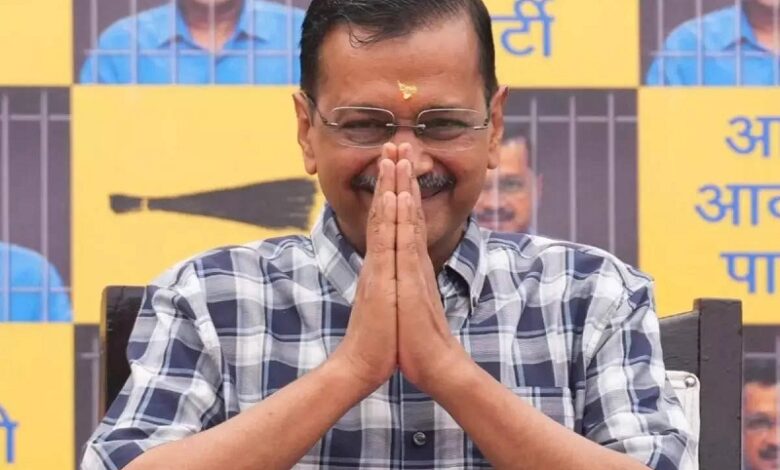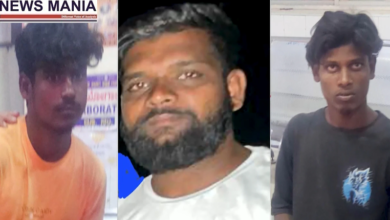Delhi High Court Demands CBI Response on Kejriwal Arrest Challenge

News Mania Desk/ Agnibeena Ghosh/3rd July 2024
The Delhi High Court issued a notice to the Central Bureau of Investigation (CBI) on Tuesday, instructing the agency to respond within seven days to a plea from Delhi Chief Minister Arvind Kejriwal challenging his arrest. The court has scheduled the next hearing for July 17, 2024.
The plea, filed by the Aam Aadmi Party (AAP) leader on Monday, contends that the CBI failed to present any new evidence after June 4 to justify continuing the investigation or his arrest. This challenge also targets a June 26 order from the trial court that granted the CBI a three-day remand.
Kejriwal was placed in judicial custody until July 12 due to allegations involving a liquor policy scam. Following the end of his three-day custodial interrogation, the CBI sought an additional 14 days of judicial custody. Kejriwal was initially arrested by the CBI on June 26 from Tihar Jail, where he was already held until July 3 on related money-laundering charges filed by the Enforcement Directorate (ED).
The CBI asserted in the trial court that Kejriwal was uncooperative during the investigation, providing evasive responses. The agency also voiced concerns that Kejriwal might influence witnesses. Despite these claims, the trial court did not declare Kejriwal’s arrest illegal, as requested by his defense. The court noted that while the timing of the arrest could be considered suspicious, it did not meet the criteria for declaring an arrest illegal. The court emphasized that investigations are the agency’s prerogative, though they must adhere to legal safeguards and avoid being overzealous.
On June 20, the trial court granted Kejriwal bail in the money-laundering case, a decision later upheld by the high court. The ED had previously arrested Kejriwal in March on money-laundering charges related to the generation and utilization of alleged illicit funds. Although Kejriwal has not been named as an accused in the corruption case, he has been implicated in the money-laundering investigation. The ED argued that money laundering is a standalone offense and does not require a predicate offense to be established.
Kejriwal’s legal team maintains that the arrest and continued detention lack sufficient grounds and that the investigation is being used as a political tool. The upcoming hearing on July 17 will be crucial in determining whether the high court finds merit in Kejriwal’s challenge and if the CBI can substantiate their reasons for the arrest and prolonged investigation.
This ongoing legal battle underscores the tension between the Delhi government and federal investigative agencies. It raises significant questions about the intersection of politics and legal processes in high-profile cases. The outcome of this case could have broader implications for the conduct of investigations involving prominent political figures and the standards required for justifying arrests and custodial interrogations.
As the situation develops, all eyes will be on the Delhi High Court’s next steps and the CBI’s response to the allegations of procedural lapses and the political motivations behind Kejriwal’s arrest.






